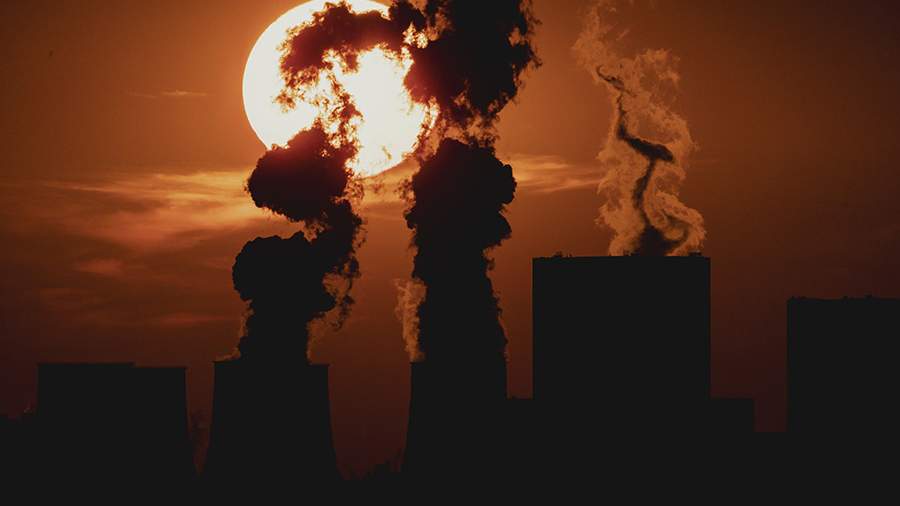Scientist calls 1.5 degree rise in global temperature a wake-up call

The Earth's average temperature in 2024 has risen more than 1.5 degrees Celsius above pre-industrial levels for the first time. The paper, published in the journal Nature, suggests that the world has failed to avoid crossing the threshold set by authorities to prevent the worst effects of global warming.
"This is both a physical reality and a symbolic shock. We are nearing the end of what we thought was a safe zone for humanity," notes Gail Whiteman, a sociologist at the University of Exeter in the UK who studies climate risk.
The researcher is confident that many scientists and environmentalists will speak out on the issue at the next UN climate summit in Brazil.
According to UN Secretary-General António Guterres, individual years when temperatures exceed the 1.5 degree limit do not mean that the long-term goal is not met. He noted that this is a signal to fight more diligently against global warming. Guterres believes that world leaders should take immediate action in this regard.
The magazine notes that each group of scientists provided different temperature figures. Regardless, the average data shows that the Earth's temperature reached 1.55 degrees Celsius in 2023 - above the 1850-1900 average, which is considered the "pre-industrial" period before humans began emitting large amounts of greenhouse gases into the atmosphere.
Earlier, Sergei Yazev, director of the Astronomical Observatory of Irkutsk State University and senior researcher at the Institute of Solar-Terrestrial Physics of the Siberian Branch of the Russian Academy of Sciences, told Izvestia that the increase in the concentration of carbon dioxide in the atmosphere is probably not the cause, but a consequence of ocean warming.
On November 26, 2024, climatologist Arseny Yurganov said that over the past hundred years, the average temperature of the earth's surface has increased by 1.1 degrees Celsius, which has led to the melting of glaciers, rising sea levels and changing weather patterns.
